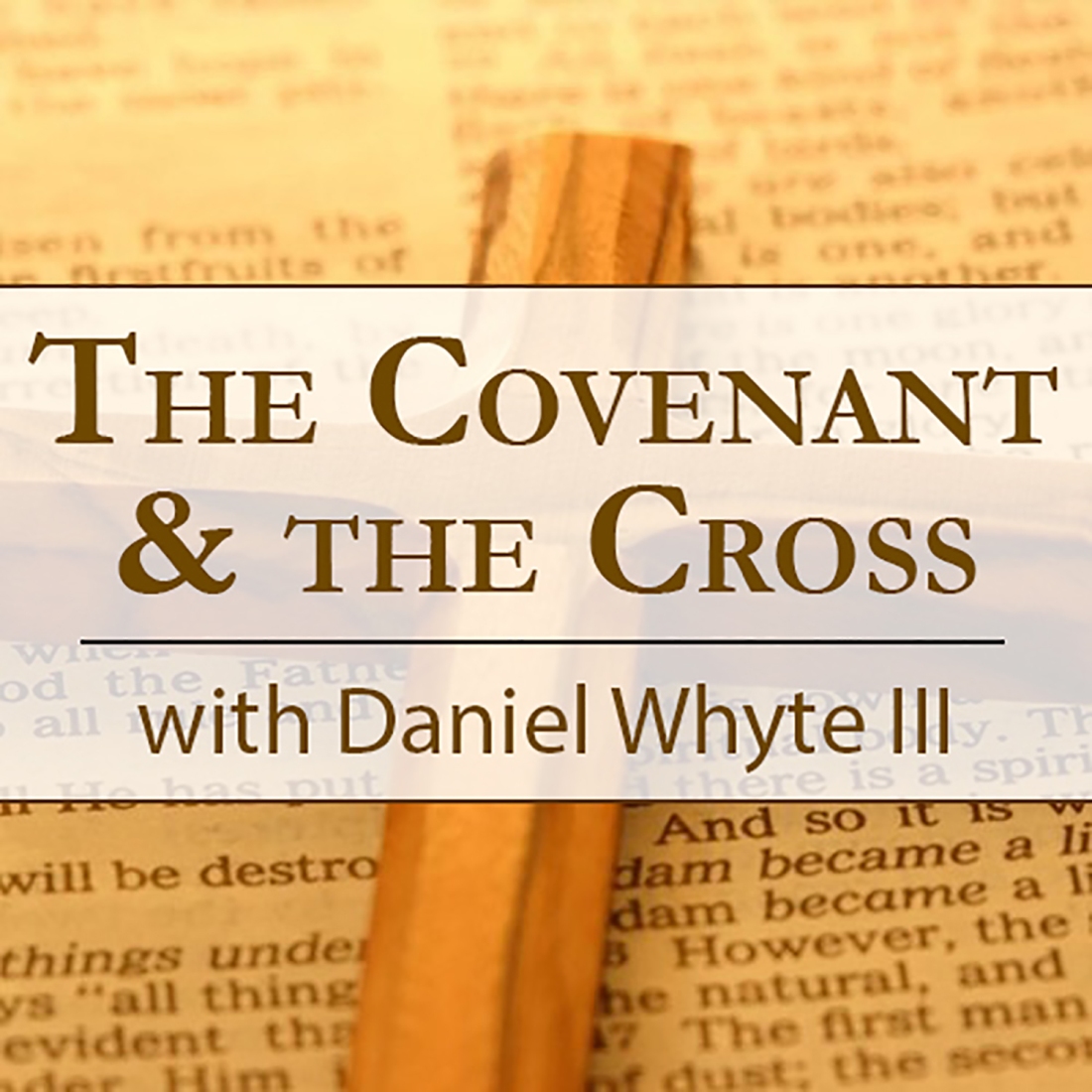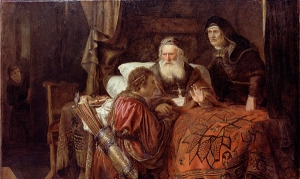
Welcome to the Covenant and the Cross Podcast. This is episode #102. I am your host, Daniel Whyte III, president of Gospel Light Society International. This podcast is designed to help you better understand the Word of God — both the Old and New Testaments. The Old Testament is the story of the Covenant which God made with His chosen people Israel. And the New Testament is the story of the Cross which signifies the fulfillment of the Old Covenant with Israel and the formation of a New Covenant with redeemed people from many nations.
We always like to start out with the Word of God, and today’s passage of Scripture is from Joshua 4:19 which reads: “And the people came up out of Jordan on the tenth day of the first month, and encamped in Gilgal, in the east border of Jericho.”
Regarding this passage, Jamieson, Fausset, and Brown wrote in their commentary: “The tenth day of the first month is the month Nisan, four days before the passover, and the very day when the paschal lamb required to be set apart, the providence of God having arranged that the entrance into the promised land should be at the feast. The name Gilgal is here given by anticipation. It was a tract of land, according to Josephus, fifty stadia (six and one-half miles) from Jordan, and ten stadia (one and one-fourth miles) from Jericho, at the eastern outskirts of the palm forest, now supposed to be the spot occupied by the village Riha.”
Today’s quote about the Bible is from Elisabeth Elliot. She said: “The Word of God I think of as a straight edge, which shows up our own crookedness. We can’t really tell how crooked our thinking is until we line it up with the straight edge of Scripture.”
Our topic for today is titled “Joshua Fit the Battle of Jericho — and Hazor Too (Part 8)” from the book, “The Promise and the Blessing” by Dr. Michael A. Harbin.
The Battles of Ai
After Jericho, the next objective was Ai, a town located on the central plateau. After reconnaissance, Joshua decided that the town did not need the entire army, so he sent three thousand men. To his dismay, his troops were routed, and thirty-six men were killed. Joshua immediately went to God to ask what was wrong.
God told Joshua that the problem was that someone in the camp had stolen from Jericho. Joshua gathered the nation and explained the situation. At this point, they began a process of selection by using lots. It would seem that the purpose of this process was to give the guilty party a chance to confess and ask for mercy. Since that never happened, the process worked down to Achan ben Carmi. When Joshua confronted him, he finally confessed, and he and his family were stoned. Their bodies were covered with a mound of rocks as a warning to future generations.
Following this, Joshua turned his attention again to the town of Ai. He picked a larger group (30,000) and followed God’s strategy of setting an ambush. While the people were permitted to take spoil from Ai after it was conquered, the town itself was burned. It is likely that any spoils taken included harvesting the crops of the fields left behind. With this victory, Joshua and his army had a major foothold on the central plateau and had in essence divided Canaan.
Lord willing, we will continue this topic in our next broadcast.
Let’s Pray —
***
Before we close, dear friend, I want to remind you that the most important thing you should know about the Bible is that it is the story of God working to save humanity from sin and the consequences of sin. He did this by sending His Son, Jesus Christ, to die on the cross for our sins and take the punishment that we deserve on Himself. Romans 5:8 says, “God commendeth his love toward us, in that, while we were yet sinners, Christ died for us.”
If you do not know the Lord Jesus Christ as your Savior, and you want to get to know Him today, here’s how.
All you have to do is believe “that Christ died for our sins according to the scriptures; and that he was buried, and that he rose again the third day according to the Scriptures” and you will be saved. The Bible states in the book of Romans 10:9, 13: “That if thou shalt confess with thy mouth the Lord Jesus, and shalt believe in thine heart that God hath raised Him from the dead, thou shalt be saved. For whosoever shall call upon the name of the Lord shall be saved.”
Pray and ask Him to come into your heart and He will.
Until next time, remember the Word of God is the foundation to a successful life. God bless.

